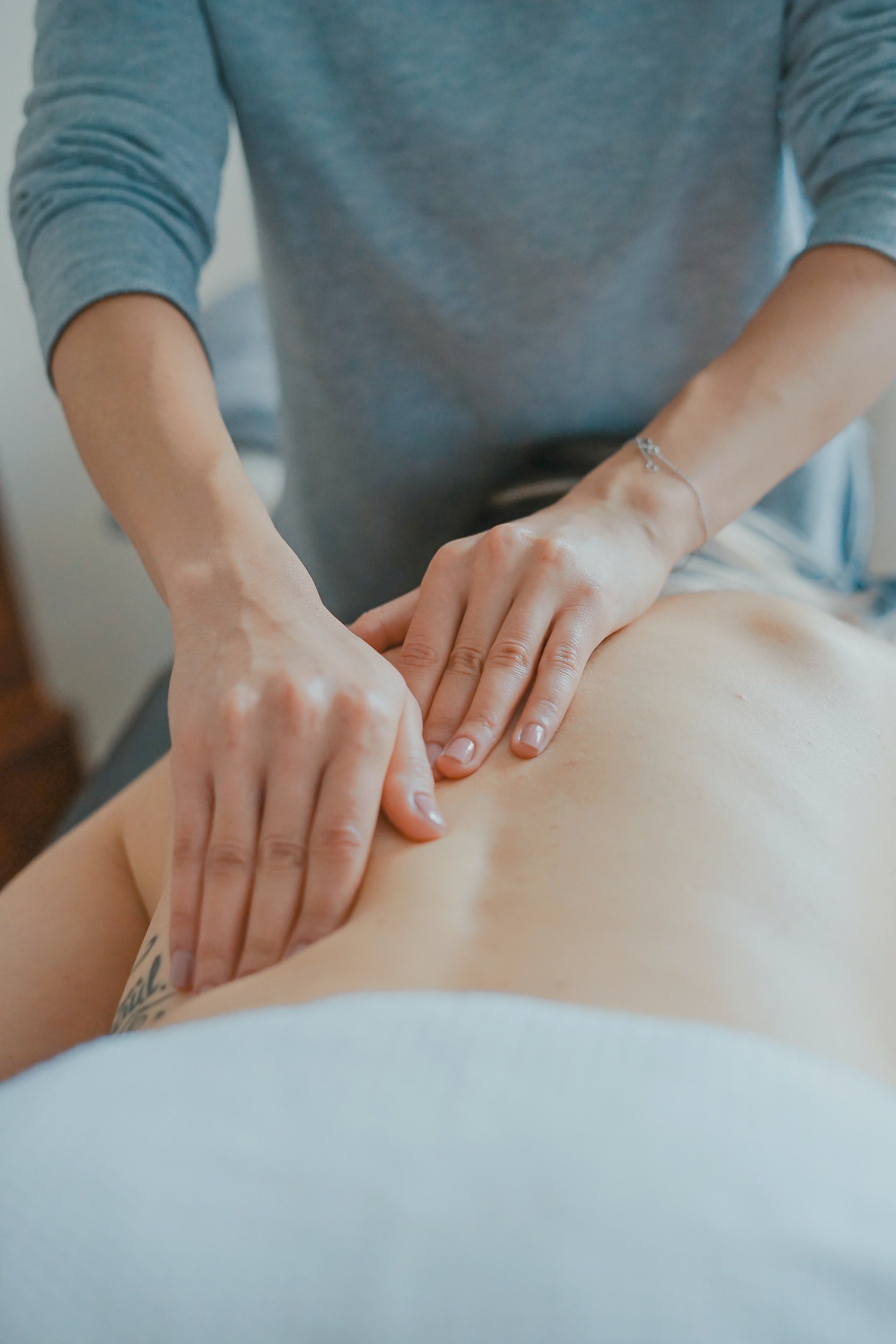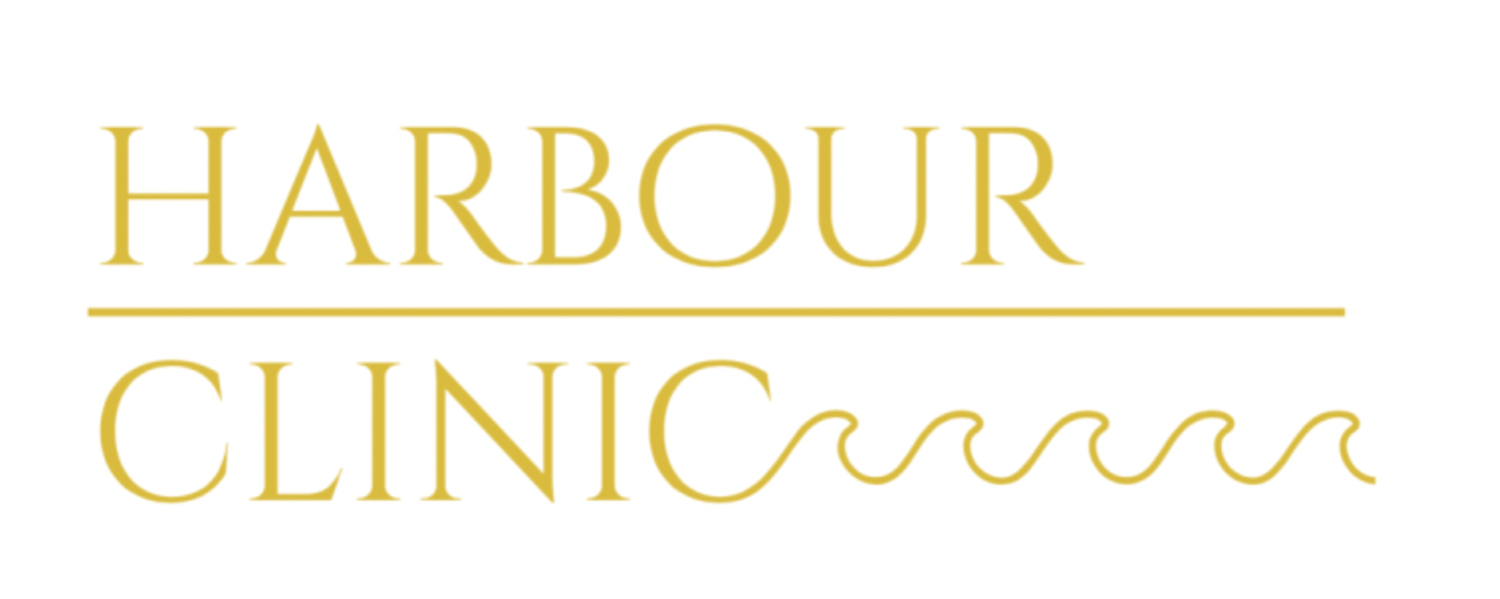
Practitioners of Osteopathy must be registered with the General Osteopathic council to call themselves an “ osteopath”.
What does an Osteopath treat? We can treat a wide range of conditions such as; Neck, back and joint pain, Muscle strains, Ligament sprains, Hip and knee problems, Arthritis, Trapped nerves, Shoulder issues, Posture imbalances and Headaches.
Osteopath treatment consists of a variety of different techniques; soft tissue, joint mobilisation, joint manipulation, stretching, exercise and lifestyle advice.
Osteopath’s are trained in general medical screening and we can refer you directly to your GP if we feel it is necessary. Osteopath's are also trained to recognise when further assistance is needed and treatment may not be appropriate. We will then refer to your GP to ensure you receive the appropriate care.
What to expect:
Your first appointment will take up to 1 hour. During this hour your osteopath will take a detailed case history, including the onset of your symptoms, progression of pain and the effects its having on your daily activities. You will then be asked for your past medical history which may be useful to conclude a diagnose. Past medical history will include any previous accidents, injuries, operations, illnesses or any relevant conditions.
Your osteopath will then follow with an in depth examination, looking at the way you hold yourself, your general posture, the alignment of your spine and the ranges of movement of the joints. Your osteopath may feel it is necessary to complete specific special tests such as: blood pressure, neurological screen (muscle power, sensation & reflexes), musculoskeletal tests, cardiovascular screen, respiratory screen or abdominal screen- depending on your presenting symptoms.
Followed by using their palpation skills to feel the state of all tissues such as the bones, muscles, ligaments, and fascia. Using all the information from this process enables the osteopath to form a working diagnosis and provide a unique treatment plan specific to the individual.
You may be asked to remove items of clothing for examination purposes. You are welcome to bring shorts or loose fitting clothing with you if this makes you feel more comfortable.
All consultations are fully confidential and you are welcome to bring someone along to the appointment if you wish.
